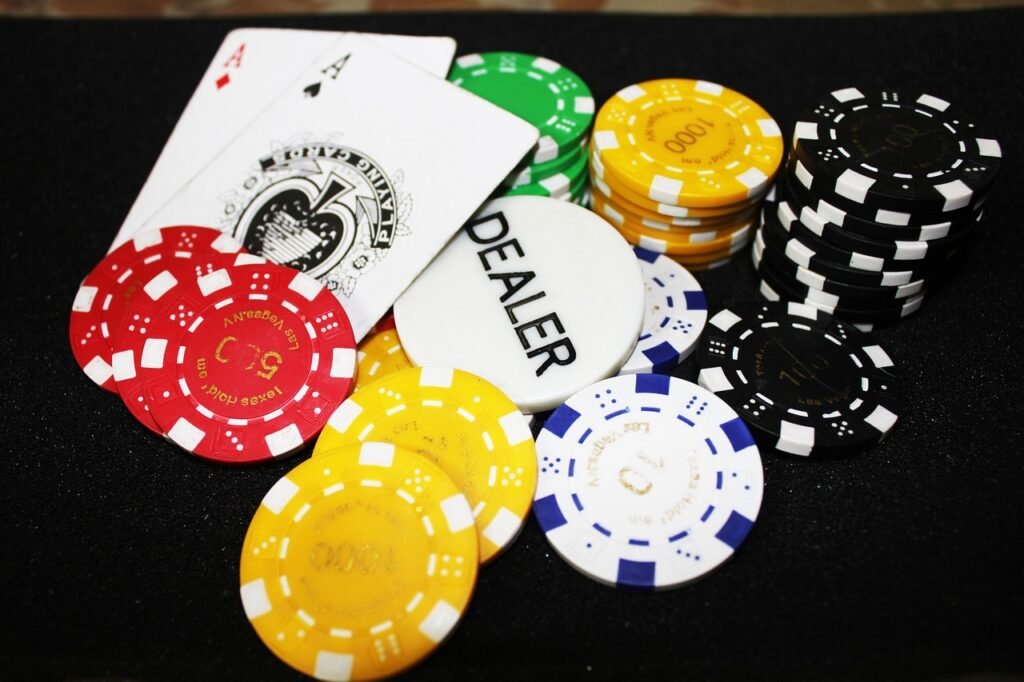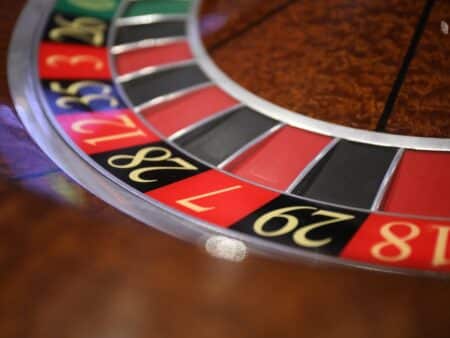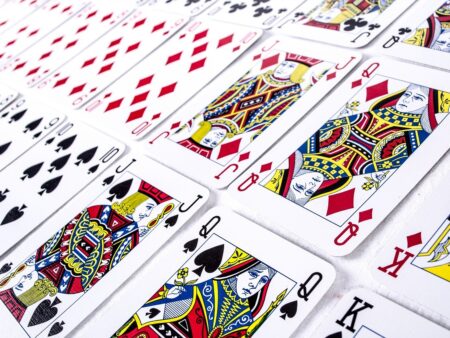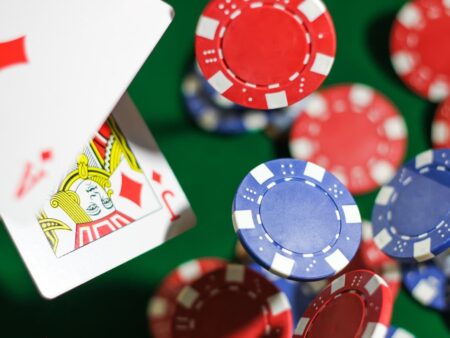Experienced gamblers apply strategies to perform better at blackjack. In this article, we’ll share smart tips that players with any level of experience can follow.
Experienced gamblers know how to boost their odds of winning thanks to card count in blackjack. Plus, they employ smart strategies to optimize their bets. Even though it’s a game of chance, its outcome doesn’t depend 100% on luck. If you make an intellectual effort and practice regularly, you should be able to improve your results. Read this article to find out what exactly you can do! We hope that you already know how to play blackjack, so we won’t focus on the rules of the game in this article.
Learn the Terms
To start playing like a pro, it’s essential to memorize the basic terms of this game:
- Bankroll — it’s all the money that you’re currently ready to spend gambling. In other words, it’s all the money that you can afford to lose today. Keep them separate from your everyday budget and don’t make debts to fund your gambling passion.
- Burn Card — it’s the first card from the deck. The dealer draws it to remove it from the game. This trick was invented to prevent cheating attempts by disrupting the order of the cards.
- Bust — the hand whose total card value exceeds 21. After the dealer gives the two initial cards to you, their value can’t exceed 21. You go can go bust only after you draw one more card. In this case, you’ll lose your bet and won’t be able to do anything to fix the situation until the next bet.
- Card Counting — a technique that allows you to reasonably adjust the amount of your next bet, depending on how many cards remain inside the deck. We’ll focus on it in a dedicated passage of this article.
- Deck Penetration — the percentage of cards that remain in the game after the dealer shuffles the deck. It’s a crucial number for those who count cards.
- Double Down — the decision to double your bet. You have the right to resort to this trick only before you draw your third card. It makes sense to do so when your hand is strong. In exchange, you’ll have to take one additional card.
- Flat Betting — placing bets of equal sums for each hand. You may want to use it if you don’t count cards. And if you count, other strategies can deliver better results to you — we’ll talk about this a bit later.
- Griffin Book — the black list of gamblers who were caught counting cards. Casinos don’t welcome this technique because it drives down their income. An organization called Griffin Investigations is in charge of maintaining this list, hence the name.
- Hard Hand — a hand that can only have one value. It might lack aces. Alternatively, its value can be so high that any aces can only be worth 1.
- Heads Up — a situation when one customer and one dealer are playing against each other. It’s not so typical for brick-and-mortar gambling institutions but is common for online casinos.
- Hit — the act of taking an extra card from the deck.
- House Edge — the gambling establishment’s odds to win. By applying a casino blackjack strategy, you strive to decrease the house edge.
- Natural — a hand that is worth 21 by default. If you have it, you automatically win.
- Paint — a slang term that denotes face cards.
- Push — to have a tie with the dealer.
- Soft Hand — a hand that has one or more aces that can be worth either 1 or 11. With such a hand, you can hit without a high risk of busting.
- Surrender — get back half of your bet if you realize your original hand is too bad. Just inform the dealer that you give up. You won’t be allowed to use this trick after you perform any other action except for having a look at your cards.
- Up Card — the card that the dealer has and puts face up. It gives you an opportunity to assess your odds to win, start to count cards and pick an optimal strategy.
Now that you’ve learned the glossary, it’s time to focus on the strategies in our blackjack guide.
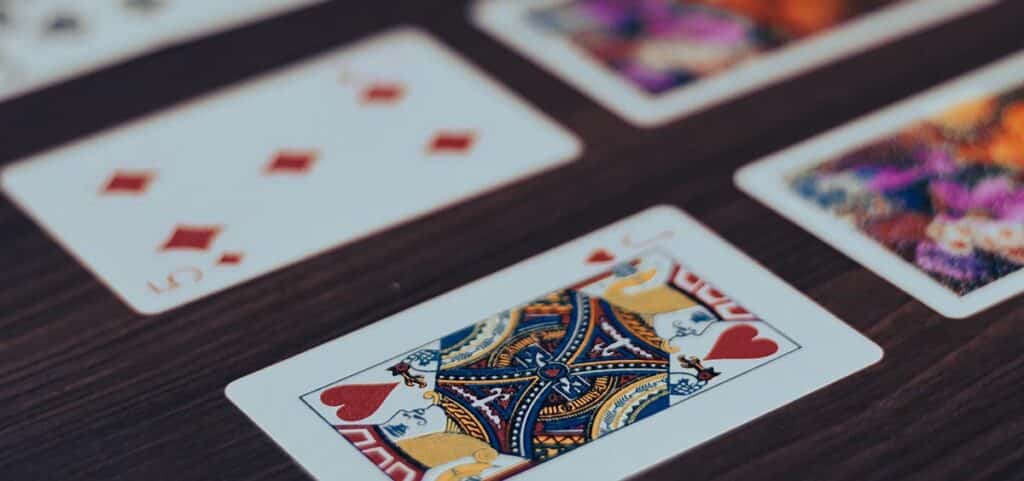
How to Count Cards and Why Should You Do It
One of the most popular and efficient basic blackjack strategies is called Hi-Lo. It suggests that you should divide all the cards into three clusters and assign a value to each cluster:
| 10 to Ace | -1 | When they leave the deck, the dealer has good odds to win |
| 7, 8 and 9 | 0 | They hardly impact the outcome of the game |
| 2 to 6 | +1 | When they leave the deck, it gives you an advantage |
Each time a dealer puts a card face up, you add its value to the total. Gamblers use the slang noun “tag” to denote the value. Such an approach enables you to understand which cards are still in the deck and evaluate your odds. If the count is positive, place low bets. If it’s negative, put larger sums at stake. By doing so, you can drive down the house edge by 1%.
When playing with one deck, you’ll be calculating its “running count”. If the dealer hands multiple decks, it’s essential to know how many of them there are. Divide the result of your calculations by the number of decks — and you’ll get the “true count”.
In online casinos, you might fail to know how many decks the dealer uses. That’s why it becomes impossible to count cards. In brick-and-mortar establishments, you might get punished for counting cards — up to being banned from the casino for good. If you decide to rely on this technique, make sure you act in a clandestine manner.
After you master Hi-Lo, feel free to switch to an advanced strategy blackjack. We won’t focus on them in this article. But we can share two names: Wong Halves and Omega II. These two approaches are popular, efficient and a bit more difficult.
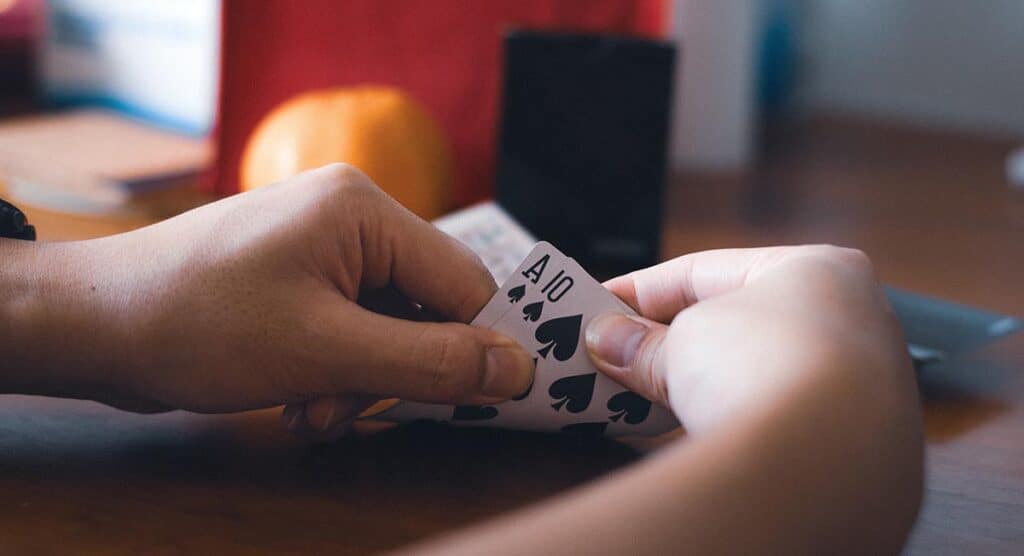
How to Optimize Your Bets
Blackjack strategy betting tips will enable you to better manage your bankroll. If you act randomly, you might put a small sum at stake and win. Then, you may bet with a larger sum in a less favorable situation and lose more than you won. Thanks to a strategic approach, you’ll have better odds of minimizing your losses. Please mind that none of these strategies provides you with a 100% success guarantee.
Martingale
If you lose your first bet, double the second one. If your second bet wins, it will compensate for the initial loss. If your second bet loses too, double the third one. Sooner or later you should win… However, it might also happen that you go on losing money and spend everything you have in your pocket.
d’Alembert
This strategy sticks to the same logic as Martingale — but is not as risky. Each time you lose, increase your bet not by 100% but by a small fixed amount (such as $10 or $1). After you win a bet, decrease the sum of the next one by the same amount. Throughout the gaming session, avoid modifying the amount that you add to your bet or deduct from it.
Fibonacci
It’s another alternative to Martingale that is based on more or less the same principle. In maths, the Fibonacci sequence looks like this: 1, 1, 2, 3, 5, 8, 13, 21, 34… Each next number is the sum of the two preceding ones. Place $1 on your first bet. Regardless of whether you win or lose, place $1 on the next one. If you lose, place $2 on your third bet.
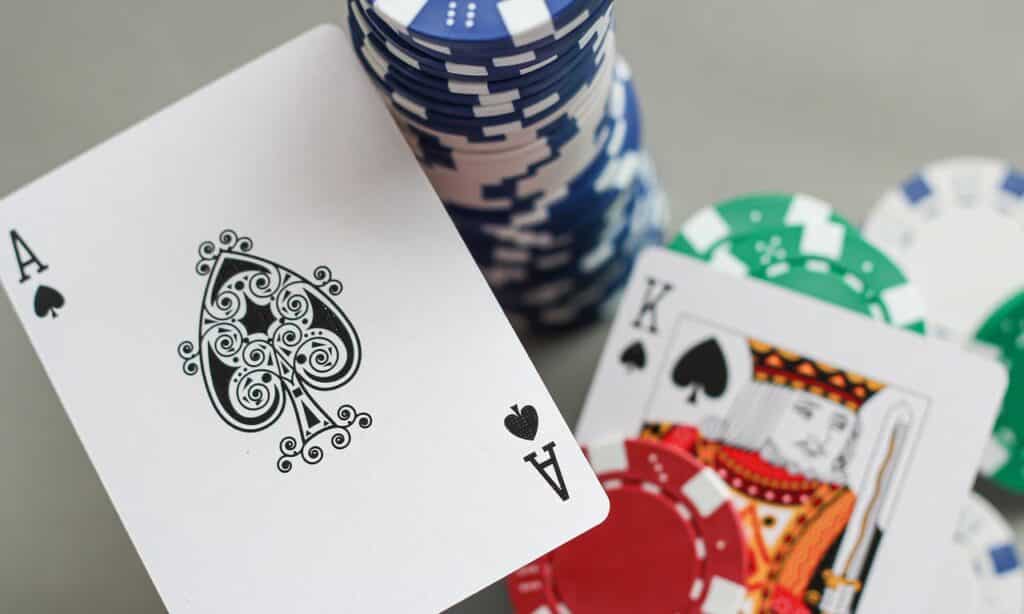
Oscar’s Grind
According to this strategy, if you lose, the sum of your next bet remains equal to the previous one. When you win, you increase the amount of the next bet by one unit. Throughout the gaming session, you shouldn’t modify the amount of the unit. To calculate your ideal unit, set a winning goal for your first bet before placing this bet and deduct the sum of the bet from it. This approach was initially invented for craps — but turned out to be helpful in blackjack as well.
1-3-2-6
Similarly to Oscar’s Grind, this strategy suggests you shouldn’t modify the sum of your next bet if you lose the previous one. When you win a bet, increase its sum by 1 unit. If you win for the second time in a row, increase your next bet by 3 units. After your third consecutive win, increase your next bet by 2 units and after the fourth one — by 6.
Parlay
If you lose, put the sum of your previous bet at stake once again. If you win, put at stake both the sum of the previous bet and your winnings from it.
Final Thoughts
In blackjack, you can boost your odds of winning thanks to counting cards and applying strategies to optimize your bankroll. None of these tricks can give you a 100% success guarantee. But you’ll be able to make more reasonable decisions and minimize your losses. Make sure to act discreetly when counting cards!
